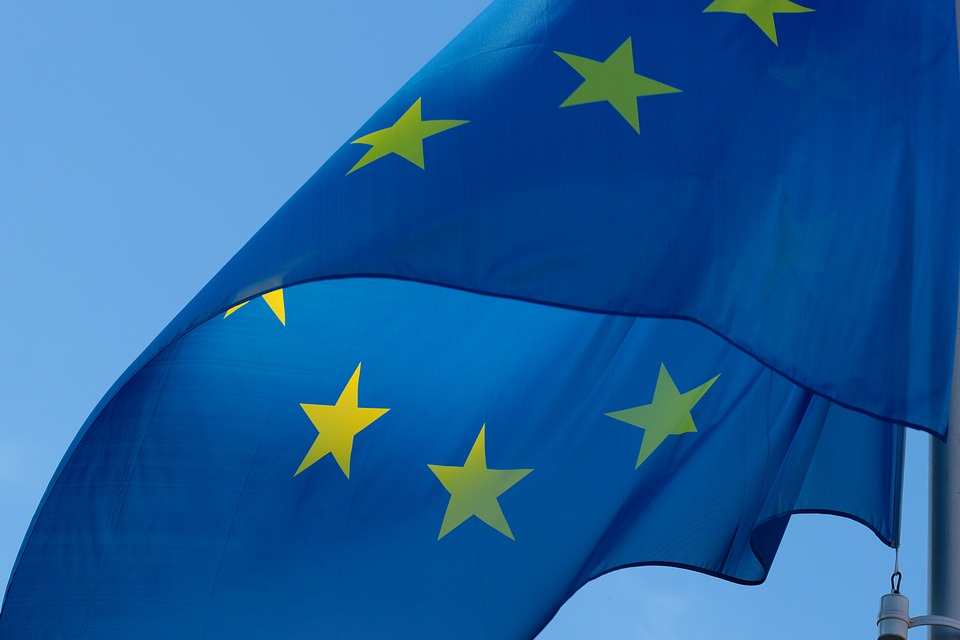Turkey’s Accession to the EU

While the majority of Turks favours an EU accession, the political regression of Turkey increasingly turns this hope into a distant dream. Indeed, it appears that both negotiating sides lack the political will to achieve the full membership of Turkey in the EU.
On May 7, 1995, the then Prime Minister of Turkey, Tansu Çiller, forecasted Turkish EU-membership for 1998. In reality, however, negotiations for full membership of Turkey started only in 2004. If they had been successful, Turkish citizens would have been able to cast their vote in the recent European elections. In reality, however, full membership is not even on the current agenda of both EU and Turkey anymore.
Kati Piri, member of the Dutch Workers’ party PvdA (Partij van de Arbeid) and the European Parliament’s rapporteur on Turkey, suggested in March 2019 to stop the negotiations for full EU membership of Turkey, citing human rights violation as the main reason for this call. While the European Parliament already accepted her request, the decision to halt the accession negotiations now depends upon the approval of the European Council. Although accession talks have already come to a halt, Piri underlines that a suspension is not a desired but a necessary reaction to Turkey’s new constitution. She has been observing regressive tendencies in Turkey since the Gezi Park protests in 2013 and meanwhile, due to the new constitution, sees all the power concentrated in Mr. Erdogan’s hands. But there is more to it than her criticism of the anti-democratic development in Turkey. Indeed, she accuses the Turkish government of being dishonest with its alleged wish to enter the European Union. According to her, it has not made any effort to reach this aim over the last years. She made it clear that “if you want to join a club, you have to comply with the regulations. If you don’t do that, you cannot join.” Nevertheless, Piri does not only blame Turkey for the failure of the negotiation talks but accuses both sides of not wanting the membership. She considers the democratic Republic of Turkey as part of Europe but, in the same breath, stresses that this does not hold for Turkey in its current form.
Voting in European elections for the first time
Although Piri’s statements leave scope for optimism, the majority of the Turkish population, namely 68.8 %, have lost their hopes for an EU accession. At the same time, a majority of 78.9 % also supports EU membership. While Turkish citizens long for EU membership, it seems that some Turks who are EU citizens already, do not seem to cherish their advantages so much, such as the voting rights for the European Parliament. An example is Saniye Açıkel, who came to Germany at the age of 15 and is an EU citizen since 1993. She manages a family centre in Berlin, is politically interested and happy to live in the EU, where she enjoys especially the common culture bringing people closer together.
In contrast to her compatriots, Saniye also believes in Turkey’s accession to the EU at some point. Moreover, she is confident about the future of Europe and is convinced that its citizens will successfully defend human rights, democracy, and unity in the EU against populism. Nevertheless, she never cast her vote in a European election - despite her background and praise for the EU. “You forget about it during the day,” is how she explains her absence from the ballot box, while also citing the rather low-scale European election campaigns as a reason. However, in May 2019 she was determined to give her vote for the first time, as many other initial non-voters did. Many Europeans had not cast their ballot previously because they did not consider it necessary. In the face of rising populism, meanwhile, supporters of the EU decided to go to the polls to protect democracy.
*The original article was published on May 24, 2019, by Isa Can Artar. It is part of an award-winning project of the German newspaper Tagesspiegel, which is supported by the Friedrich Naumann Foundation and the Robert Bosch Foundation and aims at giving voice to exile journalists.